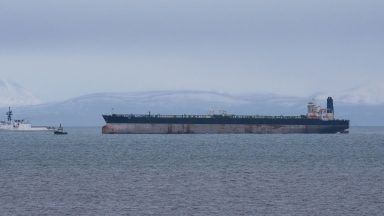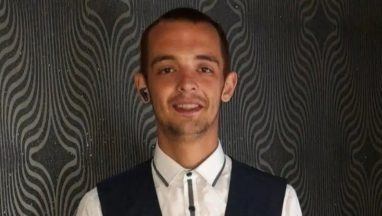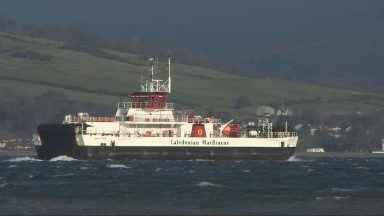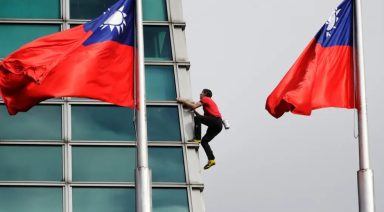A safety investigation is set to take place following the fatal implosion of the Titan submersible.
The Transportation Safety Board of Canada (TSB) said a team of investigators had been deployed to St John’s in Canada to “gather information, conduct interviews and assess the occurrence”.
British adventurer Hamish Harding and father and son Shahzada and Suleman Dawood were killed on board the Titan submersible when it catastrophically imploded, alongside the chief executive of the company responsible for the vessel, Stockton Rush, and French national Paul-Henri Nargeolet.
In a short statement confirming the investigation, the TSB said: “The TSB is launching an investigation into the fatal occurrence involving the Canadian-flagged vessel Polar Prince and the privately operated submersible Titan.
“In accordance with the Canadian Transportation Accident Investigation and Safety Board Act and international agreements, the TSB… will conduct a safety investigation regarding the circumstances of this operation conducted by the Canadian-flagged vessel Polar Prince.
“A team of TSB investigators is travelling to St John’s, Newfoundland and Labrador to gather information, conduct interviews and assess the occurrence.
“In the coming days, we will co-ordinate our activities with other agencies involved.”
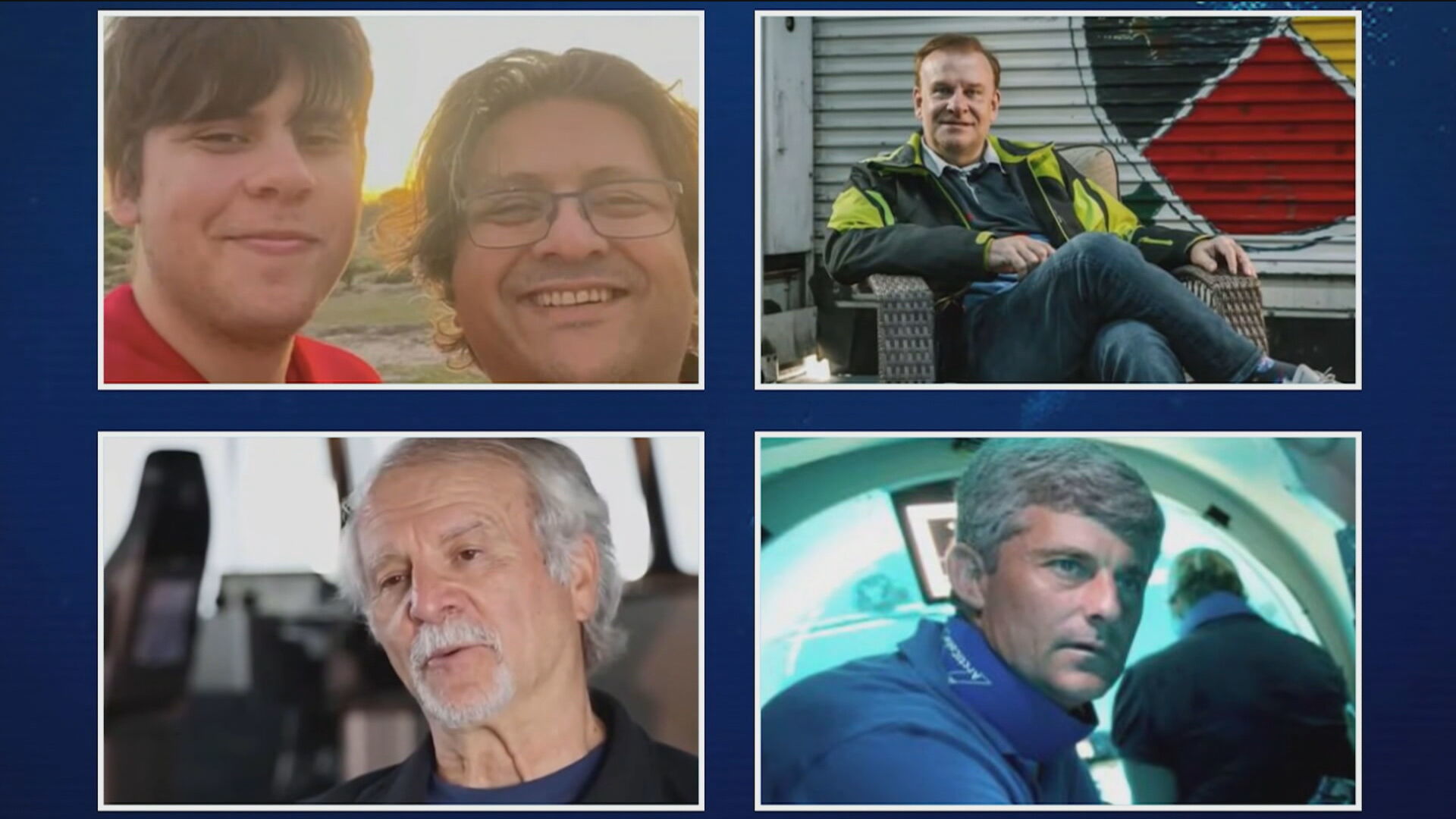 STV News
STV NewsThe TSB will not determine civil or criminal liability and conducts investigations for “the advancement of transportation safety”.
The investigation comes after emails emerged from Mr Rush which dismissed safety concerns over the deep-sea vessel.
The BBC reported that Mr Rush had previously written that he had heard “baseless cries” of “you are going to kill someone” – which he believed were a “serious personal insult”.
His words could be seen in emails between Mr Rush and deep-sea exploration specialist Rob McCallum – in which he also said he was “tired of industry players who try to use a safety argument to stop innovation”.
The exchanges, seen by the BBC, show Mr McCallum told OceanGate’s chief executive that he was “mirroring that famous cry” of the Titanic’s builders: “She is unsinkable.”
The broadcaster reported that the email exchange ended when the company’s lawyers threatened legal action.
After the catastrophic implosion of the vessel, the other co-founder of OceanGate, Guillermo Sohnlein, defended the firm – describing regulations surrounding visits to the Titanic wreckage as “tricky to navigate”.
On Friday, five red roses were left in St John’s harbour in memory of the pilot and four passengers, with each displaying a message saying “RIP” followed by their name.
After the emails were released, Mr McCallum told the BBC he repeatedly urged OceanGate to seek certification for the Titan before using it for commercial tours.
One of his emails read: “I implore you to take every care in your testing and sea trials and to be very, very conservative.
“As much as I appreciate entrepreneurship and innovation, you are potentially putting an entire industry at risk.”
The submersible lost contact with the tour operator an hour and 45 minutes into the two-hour descent to the wreckage, with the vessel reported missing eight hours after communication was lost.
In the days that followed the report that Titan had gone missing, the US Coast Guard said the vessel had a depleting oxygen supply that was expected to run out on Thursday.
A report from The Wall Street Journal said the US navy had detected a sound in the search area for the submersible on Sunday that was consistent with an implosion.
The Associated Press, citing a senior military official, reported that the navy passed on the information to the Coast Guard, which continued its search because the data was not considered by the navy to be definitive.
Follow STV News on WhatsApp
Scan the QR code on your mobile device for all the latest news from around the country


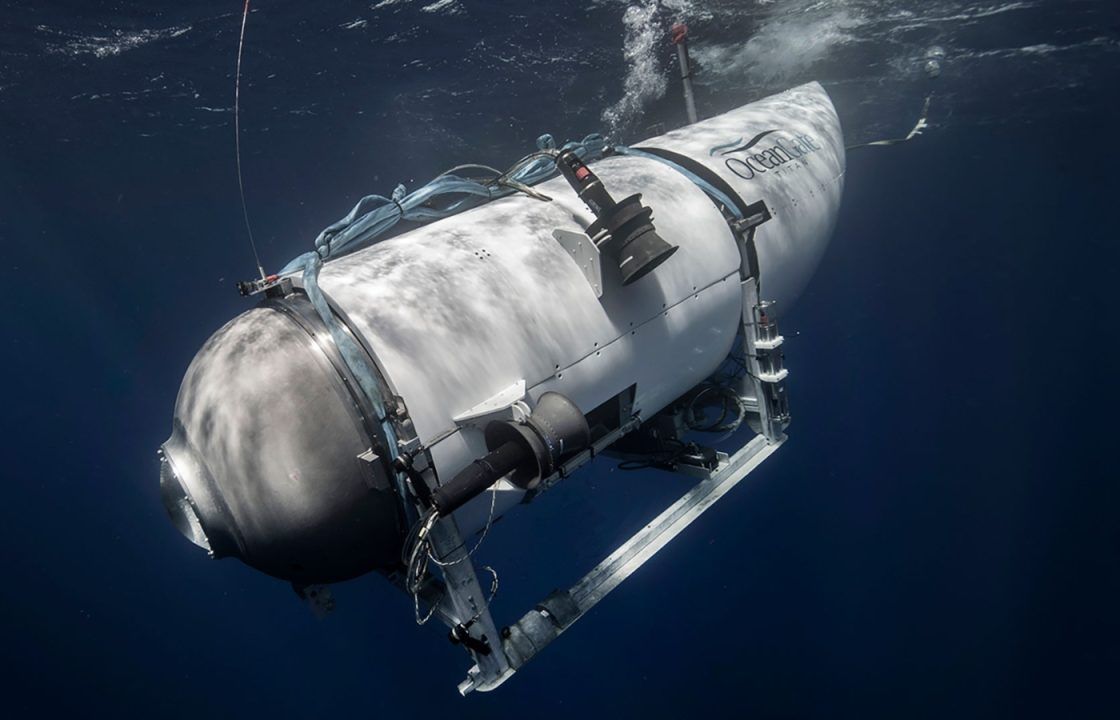 OceanGate Expeditions
OceanGate Expeditions



